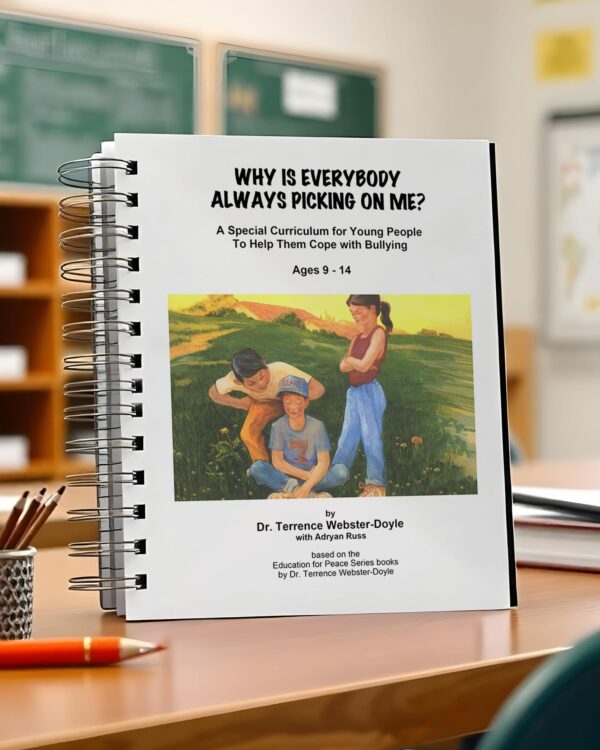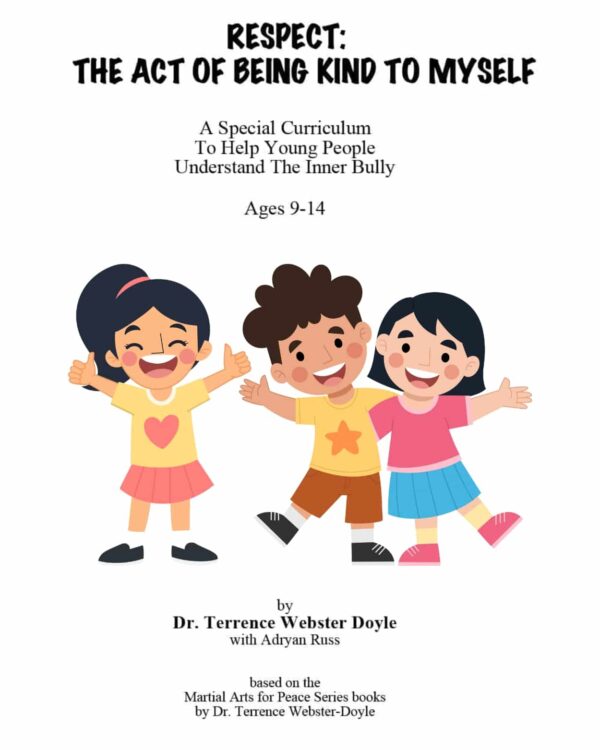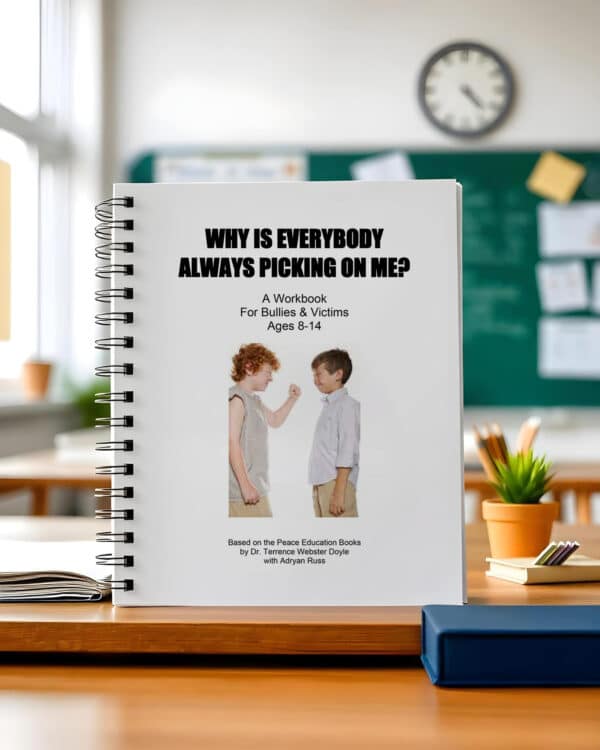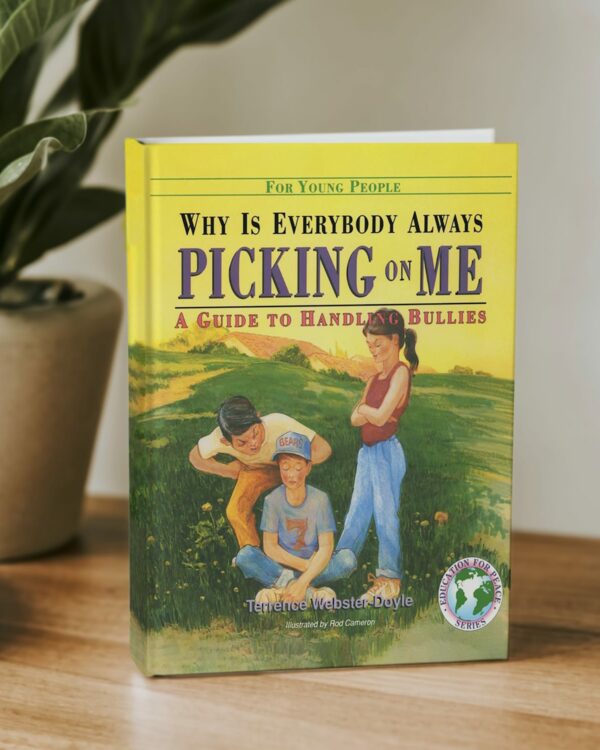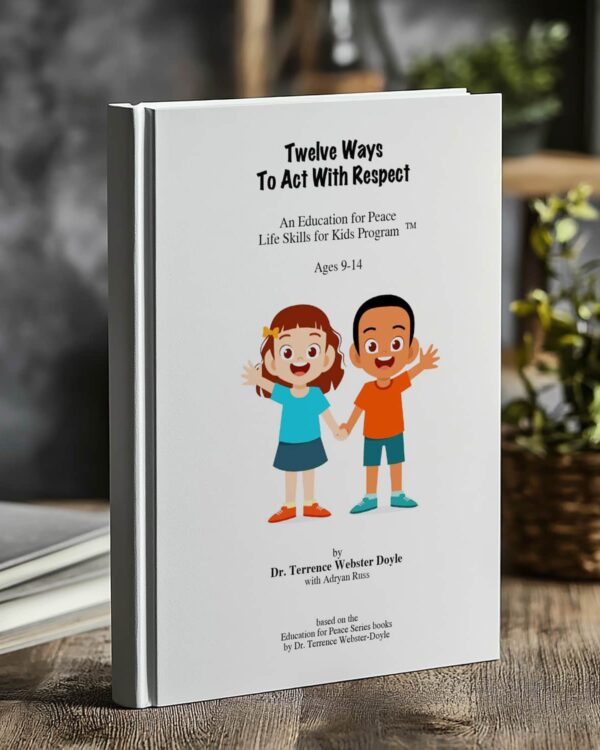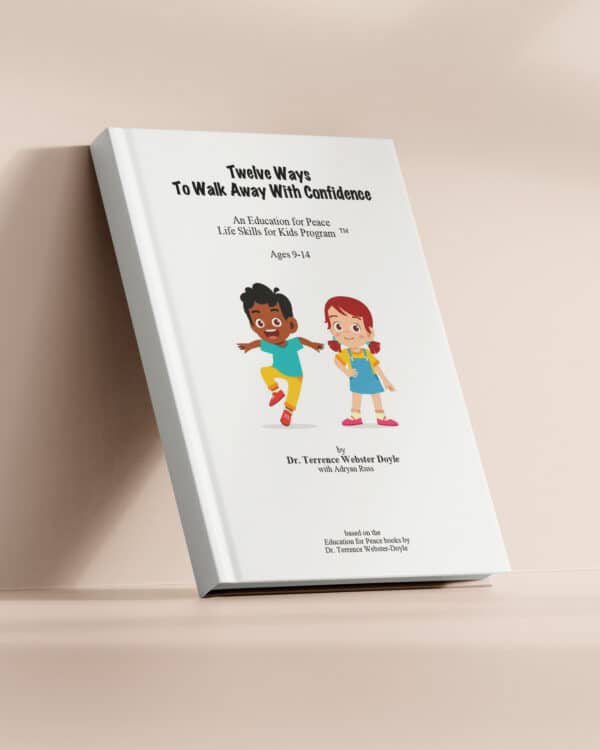Understanding Human Dependency: Why We Rely on Others and How to Build Inner Strength

Taking Time to Consider Our Dependence on Others
From the very earliest moment of our lives, we are dependent on someone.
To be born, we are dependent on a doctor or midwife. To be cared for after we are born, we are dependent on our mother, father or other guardian. To get to school we may be dependent on a bus driver or family member. We are dependent on our teachers at school to educate us. When we’re looking for a job, we are dependent on the person who has the power to hire us.
What We Do To Survive
We are continually in a state of dependence. There is almost nothing we do in life without being dependent on someone, somewhere, at some time. Even when we walk amid the vast wilderness of this country, we are dependent on the general public and politicians who demand protection of the land.
There is no way to get around it. We are people who rely heavily on others around us to provide the services we need to survive.
But not all of survival is physical. While our drive to survive enhances our desire for physical security and makes us watchful and careful, our need to be loved, our need for praise, and our fear of being alone add up to a different kind of dependency.
Psychological reliance on other human beings can undermine our security. The reason is that, when we are encouraged to rely on the thoughts and feelings of others, we begin to believe that we do not have our own inner strength and insight into life.
Leading a Double Life
When we depend totally on the understanding and good will of others, we often comply with their wishes when we would rather not.
We do what our brother, sister, wife or husband demands because we are afraid to contradict them — afraid of losing their affection. But inside, we feel hurt, and angry with ourselves for giving in to their pressure.
We lead a double life. We follow the wishes of another, but we resist complying with those wishes, wanting to do things our own way.
For example, I may want to go to a singing class, but my spouse thinks it’s a waste of time and money. I don’t go, afraid to contradict my spouse’s wishes, but inside I seethe with anger. I have been denied what I consider a great pleasure.
We live within this kind of contradiction all the time. It does not always come to the point of anger, but such a division between what we do to please another and what we want to do for ourselves wears away at us.
We give in to the desires of another, because – afraid to stand on our own – we seek that person’s support. But such a reliance on another person severely damages our inner confidence, preventing us from acting truthfully.
How many times, day after day, do we go against our own feelings about life?
How often do we compromise in order to please another and to “maintain the peace?”
If I insist that my husband cook three meals a week, will he stay with me? Do I dare tell my friend, who is passionate about jazz and invites me to concerts, that I really don’t like that kind of music very much? Will she still be my friend if I turn her down?
Day after day, confused about life because we are afraid to offend someone, we hide our inner feelings. We have an inner life, which we hide, and an outer life, which we show the world.
Understanding What Makes Us Dependent
As long as we depend on another, we continue to be afraid of outcomes, without really knowing what they could or would be. We never know what that person will think or do. We must consider the fact that we cannot control the other person, although it seems clear that this person is controlling us.
To be completely dependent on another is to put our life completely in another’s hands – always subservient to the ebb and flow of that person’s thoughts, emotions and state of being.
Consider not being dependent on anyone. Would we then have to sway back and forth according to the rhythms of another person’s life? Would we get that sinking feeling that comes when we are not true to ourselves?
Being dependent causes us to act out of fear in our relationship with others, rather than out of our love for life – out of our own thoughts and feelings. How many times this week have you acted out of fear?
“What is important is to be inwardly very simple, very austere, which is to have a mind not clogged with beliefs, with fears, with innumerable wants, for only such a mind is capable of real thinking, of exploration and discovery.” – J Krishnamurti from “Think On These Things”
